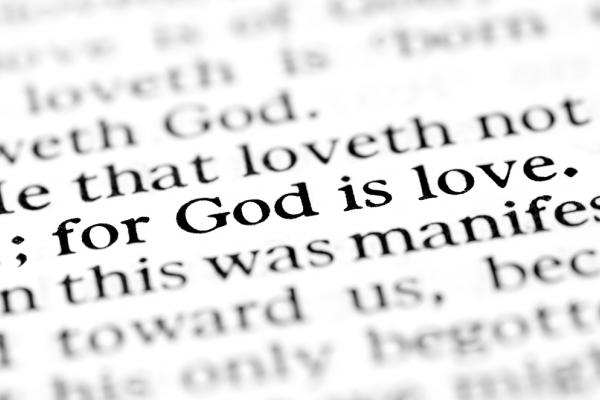Mar 4, 2015
Most of my life, I’ve heard people preface some sort of argument they want to support with the preface, “The Bible clearly states…”
I’ve come to believe, however, that this is a phrase Christians should eliminate from their vocabulary, for a number of reasons:
- There’s no such thing as un-interpreted scripture.
Legendary preacher and theologian Fred Craddock famously noted that, even if one believes the Bible is inerrant, perfect, or directly handed to humanity from God, there’s still no way to glean an absolute understanding from the texts. After all, we all are imperfect, and as such all that we perceive flows through this imperfect vessel. The good news is that the Bible is full of imperfect vessels still being used for incredible good. So maybe rather than on absolutes, we’re meant to focus more on growth, improvement, and restoration.
- We can use the Bible to make nearly any claim we want.
Did you know “the Bible says” that if my man-jewels are squished irreparably for any reason, I’m barred from heaven (No one whose testicles are crushed or whose male organ is cut off shall enter the assembly of the Lord. Deuteronomy 23:1)? And have you considered that the Bible condones mass killing, or what some might consider genocide (Make ready to slaughter his sons for the guilt of their fathers; Lest they rise and posses the earth, and fill the breadth of the world with tyrants. Isaiah 14:21), or even infanticide (Isaiah 13:15-18)? I can use the Bible to justify slavery (wouldn’t be the first time), keeping a sexual concubine, or to prove why eating shrimp condemns me to hell.
- I’ve never met ANYONE in my life who follows the Bible completely from beginning to end.
I could swear the protesters from Westboro Baptist wear shirts that are a poly-cotton blend, and that some of the fiercest Bible-thumpers out there enjoy a good shrimp cocktail from time to time.
Read the Full Article

Already a subscriber? Login
